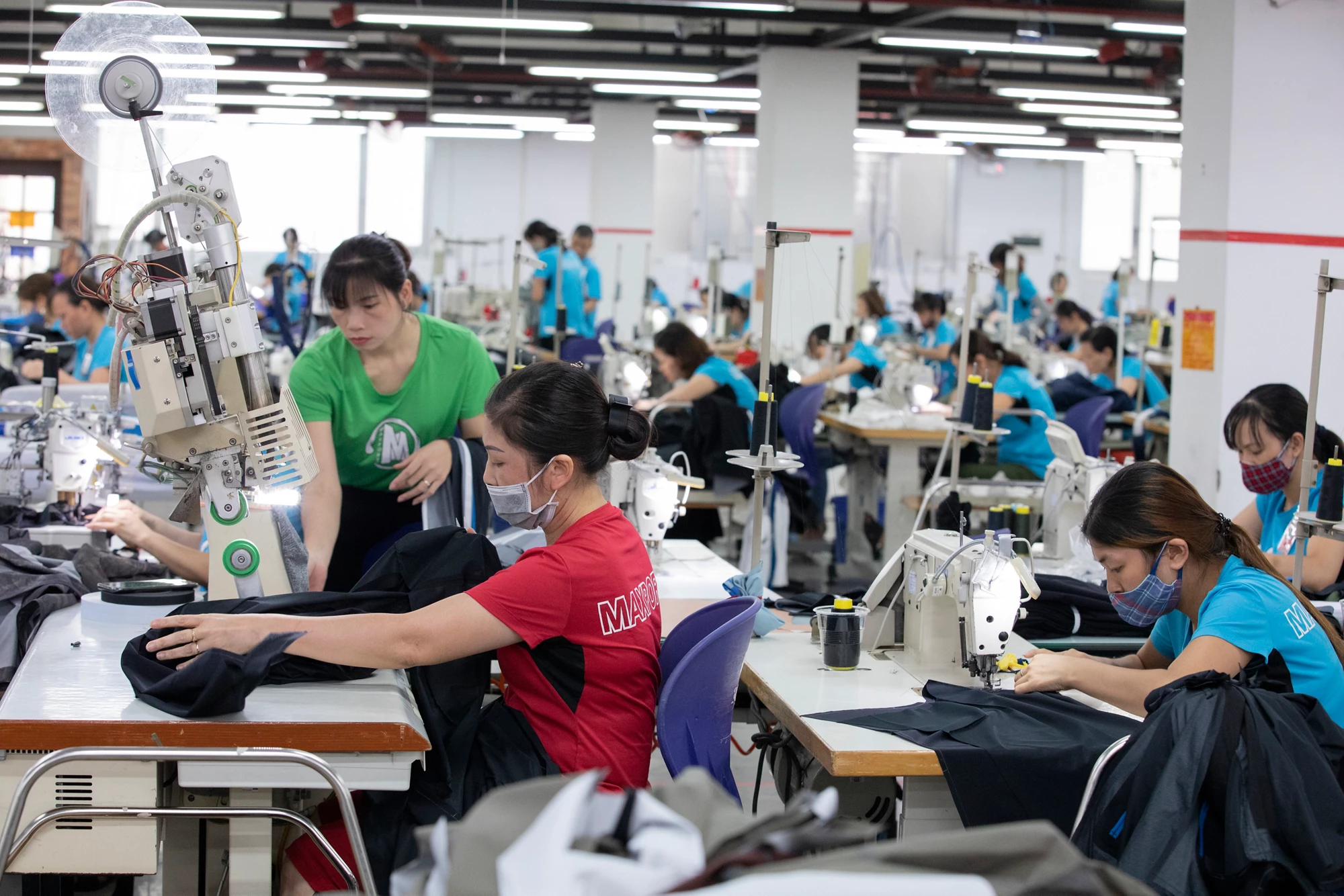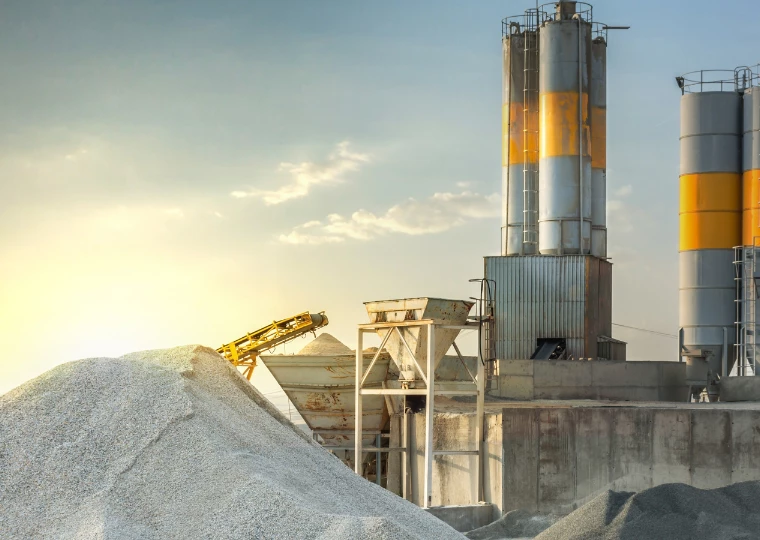Summary
Industries increasingly are looking at how to ensure more environmentally-friendly processes to strengthen operations and improve business. The need is huge because many industries, among them cement, steel, and glass are heavy emitters of greenhouse gases and also essential to economic growth, development, and jobs creation.
As part of its leadership role in this sector, the International Finance Corporation (IFC) has produced a series exploring the opportunities and challenges facing various sectors. The reports also look at the role that IFC and other stakeholders can play to support industry efforts to achieve manufacturing practices that boost economies and protect the environment.
Download Reports
Fertilizer Industry
Chemical fertilizers, though revolutionary in combating hunger and malnutrition, have introduced significant environmental challenges. These fertilizers are accountable for 5% of the world's greenhouse gas emissions, a concerning statistic considering the urgency of climate change. The shift towards net-zero fertilizer production exemplifies the broader struggle of high-emission industries to evolve into more sustainable and circular operations. This transition is crucial in mitigating the ecological impacts of synthetic fertilizers, such as greenhouse gas emissions and nutrient runoff, while also maintaining agricultural productivity.
Textile Industry
Despite its critical role in manufacturing over 100 billion garments annually and generating over $1.7 trillion in revenue, the textile industry faces immense environmental challenges, including water consumption and fossil fuel usage, contributing 8-10% of the world's greenhouse gas emissions. Recognizing these issues, the IFC actively invests in the sector to enhance competitiveness and promote sustainable practices—improving plant efficiencies, transitioning to renewable energy, managing waste, and conserving resources like water, while also assisting global companies in promoting sustainable manufacturing and reducing Scope 3 emissions among their suppliers.
Decarbonizing Manufacturing Industries
Manufacturing, vital for economic growth, significantly impacts global carbon dioxide emissions, especially in sectors like steel, cement, glass, and chemicals, which together account for 20% of the world's direct emissions. Aiding emerging markets in manufacturing development is key, emphasizing the reduction of their carbon footprint. The IFC's approach involves promoting the use of modern, energy-efficient technologies in heavy industry, which not only reduces fossil fuel consumption but also lowers production costs.
E-Waste Industry
The surge in electronics, from smartphones to refrigerators, has led to an unprecedented increase in e-waste, posing significant environmental challenges. Modern electronics, incorporating a wide array of elements like copper, plastic, lithium, and cobalt, are rarely recovered or recycled, with a forecast of even greater electronic proliferation and waste by 2030. In response, the IFC is championing circular economy practices, offering financial incentives for sustainable ventures in the e-waste sector.
Cement Industry (Revised 2025 )
Cement, fundamental in constructing modern buildings and infrastructure, is also a significant contributor to global greenhouse gas emissions, accounting for about 7% of the total. The goal of achieving carbon-neutral concrete by 2050 asks for collaboration between manufacturers, policymakers, financial institutions, and end users. Decarbonization in the cement industry is essential for advancing towards a circular economy and reducing the carbon footprint.
Plastics Industry
Plastic is indispensable to modern life, remarkably versatile and relatively cheap to make. However, the plastic industry faces challenges due to its environmental impact. The IFC is addressing these challenges by promoting circular economy practices—offering flexible financing and support to companies adopting sustainable practices and new technologies, focusing on helping businesses transition to more circular models, supporting ventures that develop compostable products, reduce over-packaging, and create durable goods that can be reused and recycled. A key aspect is addressing infrastructure gaps in coastal communities where plastic waste threatens livelihoods.
Steel Industry
Steel is a cornerstone of modern life, found in everything from homes to infrastructure. Although steel is one of the most recycled materials and incorporates circular economy practices, its production is energy-intensive and contributes significantly to global carbon emissions, accounting for 6-7% of the total. The iron and steel sector requires an estimated $1.4 trillion investment by 2050 to align with the Paris Agreement's goals.
Glass Industry
Glass, a versatile and affordable material, is ubiquitous in daily life and various industries, including construction, agribusiness, and automaking. Being 100% recyclable, glass significantly contributes to the circular economy and aids in making other industries more energy efficient and sustainable. Recognizing these attributes, the IFC provides capital and advisory services to glass manufacturers, helping them to enhance production, engage in research and development, and adopt sustainable practices.


